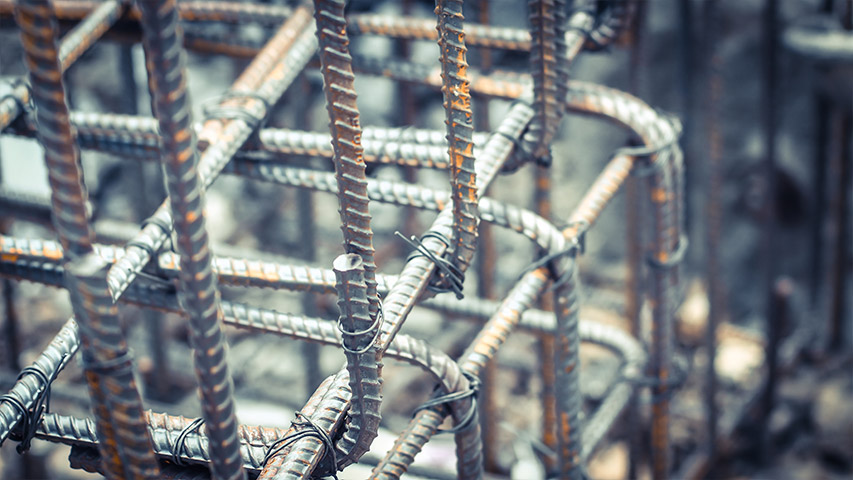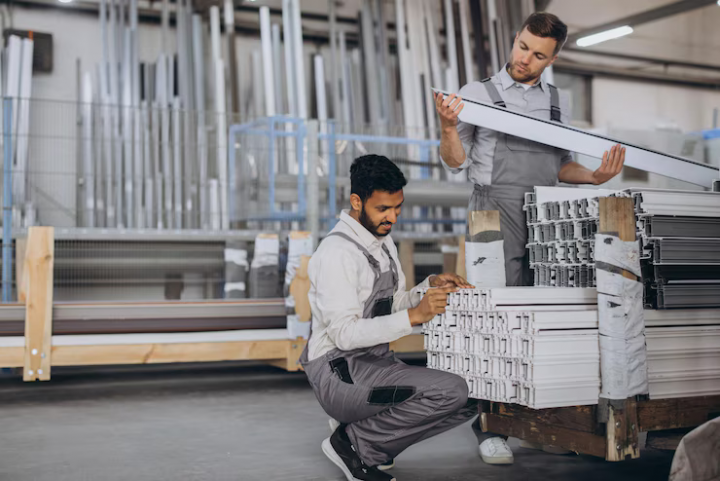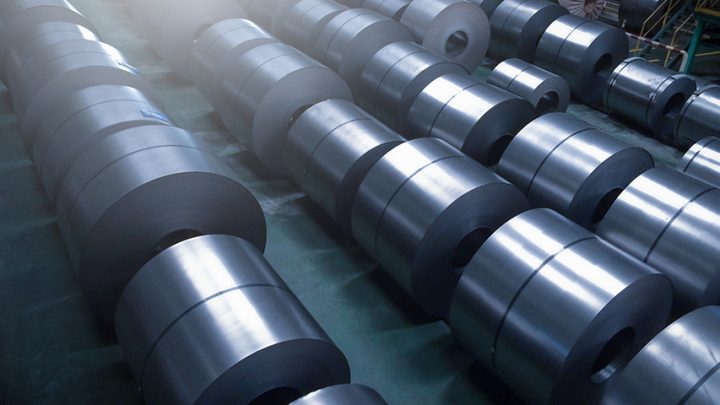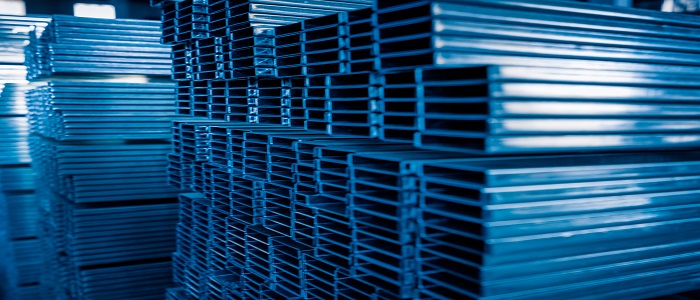If you are planning to look at what is needed for your new concrete construction project then you will find this blog useful. Steel Reinforcement bars or rebar play a major role in construction purposes so it is important to know its features due to which it is widely utilised all around the world. Reinforcement bars are used to provide deep foundations and are currently the world’s primary building material that they would like to get their hands on for construction purposes. In this blog, we will discuss the meaning of rebar, types of reinforcement bars and where you can get them with utmost reliability. So, to get fully aware of the topic you need to give a read till the end because every line will add to your knowledge.
Rebar or Reinforcement Bar
Rebar is a process which is known as steel reinforcement bars, it holds up the concrete construction by establishing a great binding with the steel. This prevents heavy construction from falling or cracking as it supports the building and concrete structures. Rebar provides strength to the concrete structure which can result in safe and strong buildings. It is the most utilised way of keeping everything together in heavy construction areas. Steel reinforcement bars are used in heavy construction applications because they bond well to concrete, however, their bonding with the concrete may vary depending upon the structures or shapes they ate steel used for the cause. They are strong and relatively cost-effective. Reinforcement bars are available in the market in different grades and sizes, you can choose the ones you need according to your specific requirement. There are plenty of steel bar exporters and suppliers in India where you can find the one you need.
Types of Reinforcement bars
-
Mild Steel Bar
Mild steel bars have an enclosed outer plain body in structure and are round in shape. They do not form a great bonding with concrete. Mild steel bars contain low carbon steel content and contain no significant quantities of anything except iron and ferrite. Mild steel bars are available in the marketplace in sizes ranging from 6 millimetres to 50 millimetres. Mild steel bars can be used in expansion joints, contraction joints, runway areas, column spirals etc. They are used only to deliver a special purpose. Mild steel bars can easily be cut and bent without any damage, but due to the plain outer surface it has, a good bonding cannot be established between the concrete and steel. Due to this factor, it slips away which can lead to casualties or other problems. It also offers less strength. The use of mild steel bars is inexpensive compared to other steel bars.
-
Deformed Steel Bar
Deformed steel bars are the kind of bars that possess a rough surface and not a plain one. These bars have ribs and ridges on their surface that make the deformed bars more useful and frictional. Due to the rough surface and ribs like structure, it forms a high bonding and great strength with the concrete. This provides more friction and has less slippage phenomenon due to which these can not be easily pulled out of the concrete.
-
Thermo Mechanically Treated Bars(TMT Bars
Thermo Mechanically Treated Bars are hot treated bars that are made up of two layers when talking about structure. It has a core layer and an outer layer. The core layer is a soft layer that is formed of ferrite pearlite and the outer layer is formed of tempered martensite.
Thermo Mechanically Treated bar has great tensile strength and elongation strength, this is what makes it special. It has higher temperature resistance due to which it can withstand temperatures up to 1000 degrees Celsius and has low carbon content. This makes it best suited for construction purposes.
-
High yield Strength Bar (HYSD Bar)
High yield strength deformed bars are also known as cold twisted steel bars. These bars contain higher carbon content than mild steel bars. These bars have ribs on the surface that provide a better grip that makes them best suited for heavy construction projects. It will result in safe and secure construction work as it has outstanding bonding strength. It also offers increased tensile strength and is malleable which makes it easy to work with. These bars make a good bonding with the concrete and do not lead to the slippery cause.
-
Carbon steel bar
Carbon steel bar is made of carbon steel and is known as black bar due to the colour carbon possesses. It is the most common type of rebar that is used for construction purposes. It is cheaper in rates and easily available in the market. However, it is important to know that it only works well when there is no moisture as it is uncoated so it corrodes or oxidises quickly when come in contact with moisture. Anti-corrosive property is the most important factor to consider in any kind of material. It is the strongest type of rebar that is still a favourite with engineers for construction purposes.
- Epoxy-coated Rebar
Epoxy-coated rebar is a special type of bar that is coated with epoxy on reinforcement to protect it from getting affected when it comes in contact with moisture. Epoxy-coated reinforcement bars are used to deliver the corrosion-resistant purpose. It is a highly effective corrosion protection system for reinforcement. Epoxy-coated rebar is used for construction buildings, industrial foundations, bridges, highway barriers, etc.
- Stainless steel Rebar
The best kind of reinforcement bar is stainless steel rebar, it is highly resistant to corrosion and the best rebar of all. These are expensive but deliver the best work than any other kind of rebar high resistance area. This is why stainless steel rebar is used in multiple concrete structures. It provides great welding capability and high strength which is why it is most widely used irrespective of the fact it is expensive.
Grades of Reinforcement Bars
Grading ensures that you are buying the right choice of product. It tells how consistent a product is and will it work well in the long run. The reinforcement bars have got grading after going through various assessment levels, the best grades of reinforcement steel bars so far are Fe 500 D, Fe 550 D, Fe 600.
| Grade of steel | Yield strength | Tensile strength | Elongation |
| Fe 500 D | 500 N/ mm2 | Not less than 565.0
N/ mm2 |
16.0% |
| Fe 550 D | 550 N/ mm2 | Not less than 600.0
N/ mm2 |
14.5% |
| Fe 600 | 600 N/ mm2 | Not less than 660.0
N/mm2 |
10,0% |
Enggpro is a global marketplace for engineering equipment and services that connects the vendor with the consumer inland and all over the world. They have listed reliable manufacturers and suppliers which can help you find the best stainless steel bars manufacturers in India, TMT bars manufacturers in India, steel bars suppliers in India and much more on their website.



